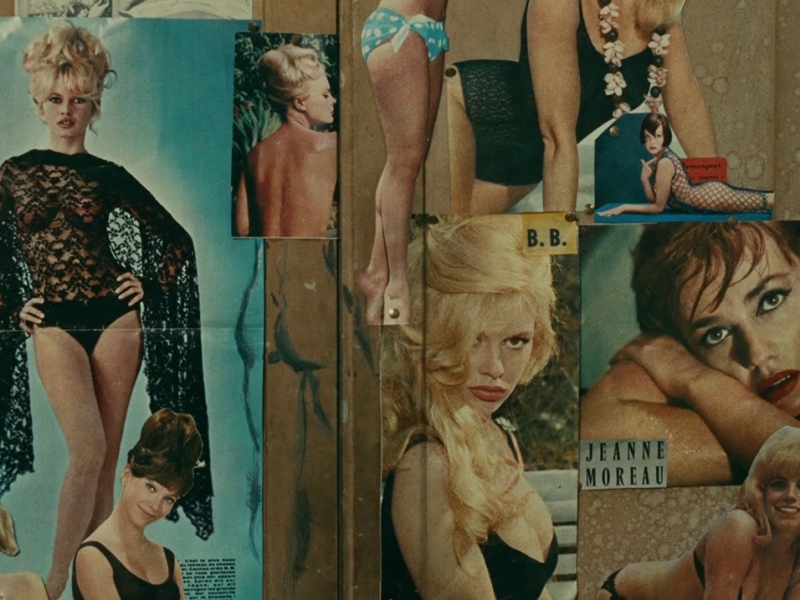
Eric de Kuyper, 1966, 2021
Naar aanleiding van de restauratie van Agnès Varda’s Le bonheur (1965) in 2023 herpubliceerde Sabzian Eric de Kuypers kritiek van de film, oorspronkelijk verschenen in het cultureel-maatschappelijk maandblad Streven. Voor deze gelegenheid voorzag de Belgische filmmaker en auteur zijn kritiek van een nieuw commentaar. Eric de Kuyper: “Voor zover ik mij herinner was de receptie van Le bonheur nogal controversieel, met voornamelijk ethische pro- en contracriteria. Een effect dat Agnès Varda vanzelfsprekend had nagestreefd. Mij leek dat een valkuil. Varda verpakte haar film in een nogal extreme vorm van esthetiek. Dit was te mooi om waar te zijn!”